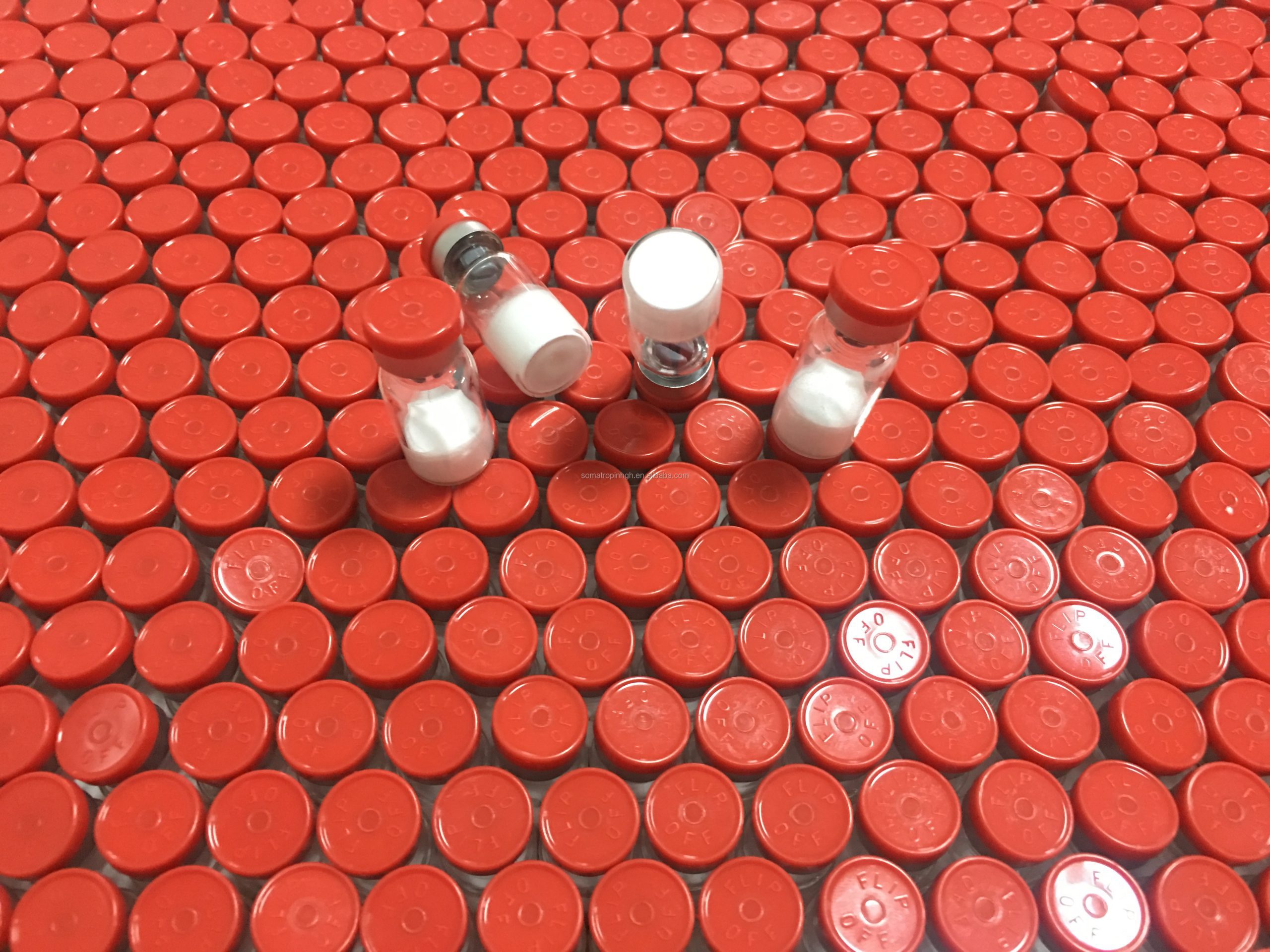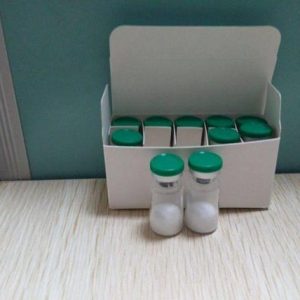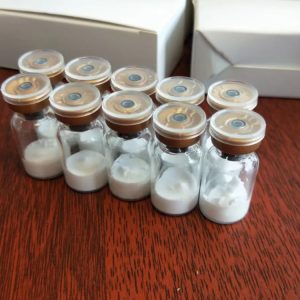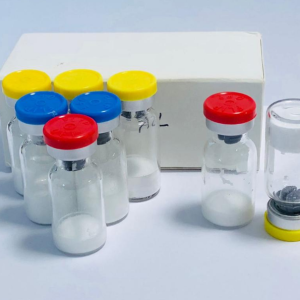DISP is an endogenous sleep peptide, with the chemical name “Delta Sleep Inducing Peptide” (DSIP). It is a compound composed of two or more amino acids connected by peptide bonds and belongs to the class of polypeptides.
Background of the discovery and application of DISP
The discovery of DISP can be traced back to 1977, when researchers purified and determined the chemical structure and physiological effects of DSIP through the study of brain chemistry, electrophysiology and animal sleep behavior 1. Studies have found that DISP has the function of inducing sleep and can regulate the sleep cycle by affecting the electrical activity of the brain.
Physiological mechanism of DISP Delta Sleep Inducing Peptide
DISP regulates sleep by affecting the electrical activity of the brain. Studies have shown that DISP can cause synchronized spindle waves in the electrical activity of the cerebral cortex, thereby inducing sleep. In addition, DISP has other physiological effects, such as exerting a sedative and hypnotic effect by affecting GABA neurotransmitter receptors.
Application prospects of DISP in medicine and scientific research
Although DISP has shown significant sleep-inducing effects in animal experiments, its application research in humans is still insufficient. Future studies can further explore its potential application in human sleep regulation and its interaction mechanism with other sleep-regulating substances such as tranquilizers.








